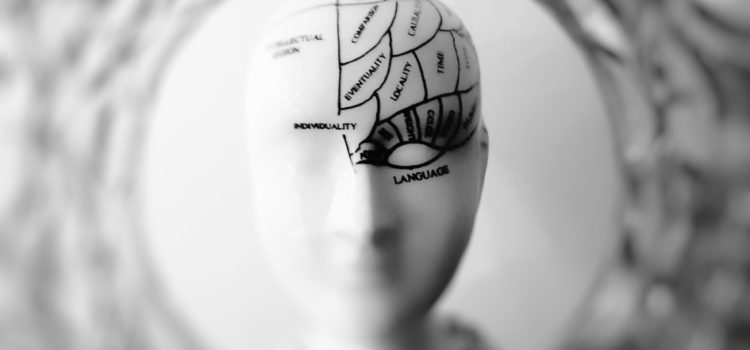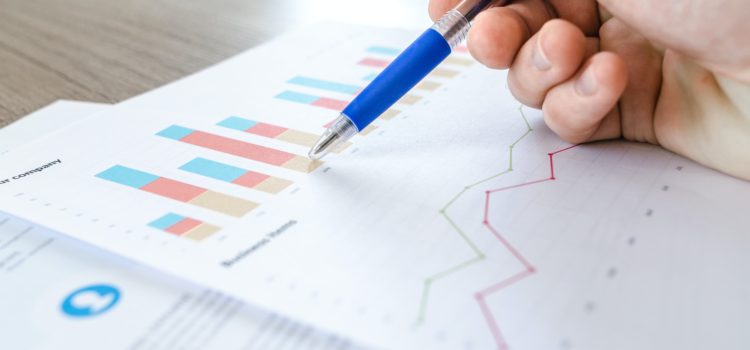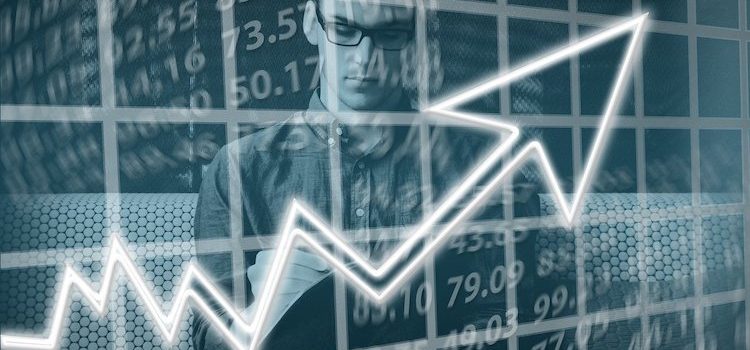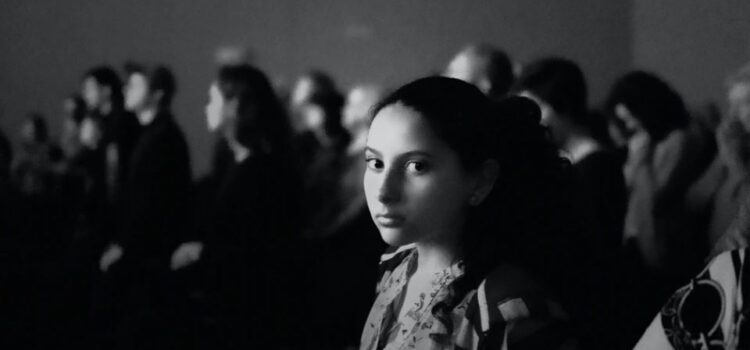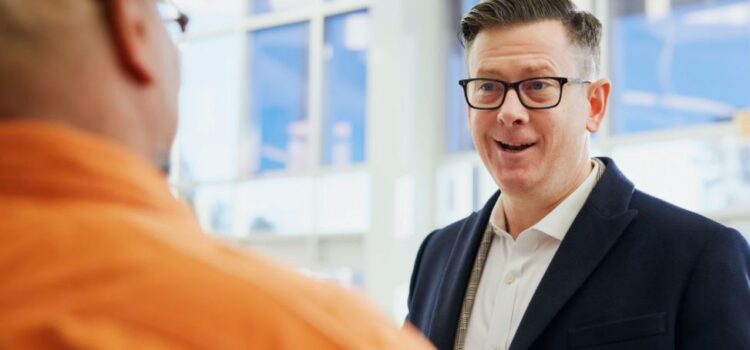What is the Zeigarnik effect? Why do we tend to forget projects we are done with? In psychology, the Zeigarnik effect is the tendency to recall unfinished or interrupted tasks more easily than tasks that haven’t yet been completed. According to Rolf Dobelli, the author of The Art of Thinking Clearly, the brain does this for efficiency—once the task is complete, it deems it unimportant and discards it to free up mental space. Keep reading to learn about the Zeigarnik effect, why it happens, and how to overcome it.
The Zeigarnik Effect: The Psychology of Memory
